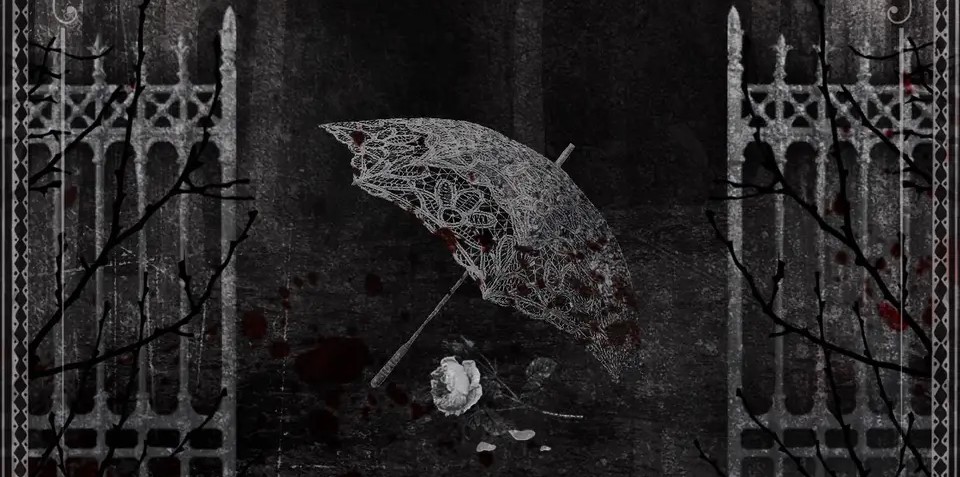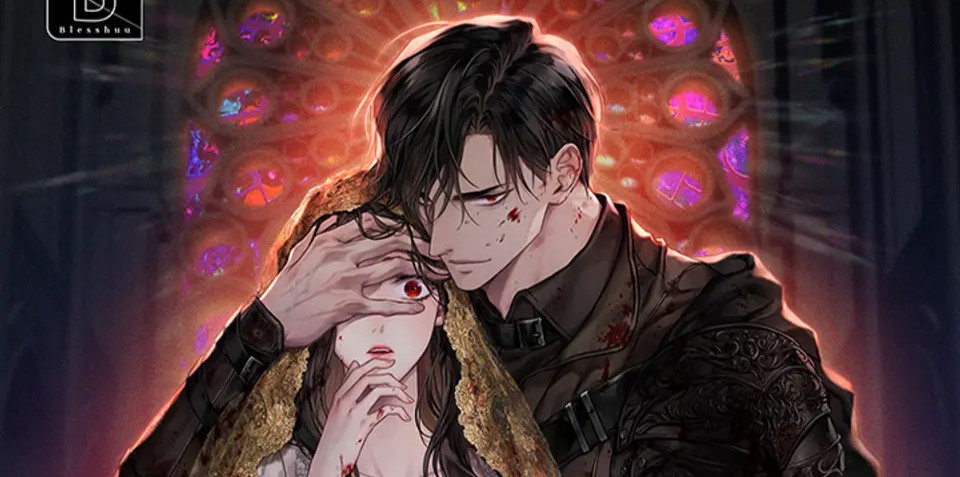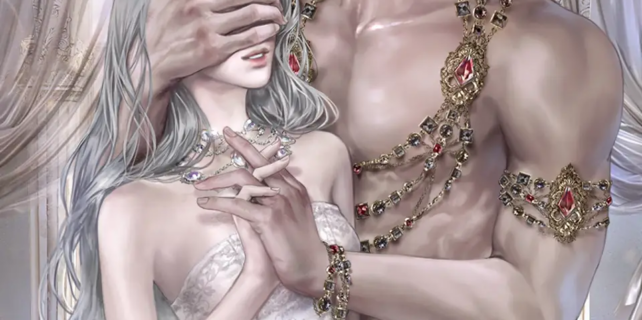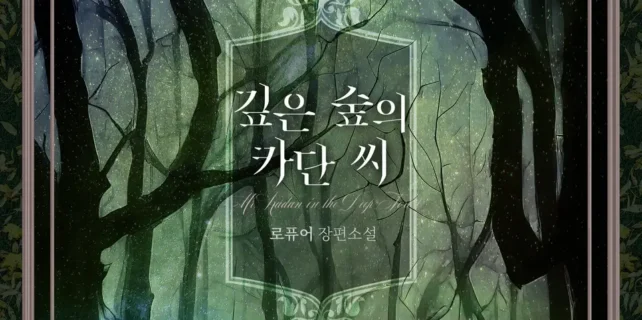Pherenike - Chapter 9
‧₊˚ ☁️⋅♡𓂃 ࣪ ִֶָ☾.
read more chapters on luna kofi
Of course, Deucalion could have chosen not to do so. He could have refused to acknowledge the charge of treason until the end, maintaining the noble honor of a prince and initiating a costly war of attrition with the Council that was dominated by the Thasos family.
And indeed, Deucalion did exactly that, not yielding to any torture.
His resistance continued until the king got tired of waiting and took his mother and Pherenike as hostages. The threat to take Pherenike who had broken off her engagement with his eldest son as ‘the queen’s example’ and marry her himself was more effective. Axiothea’s life and Pherenike’s freedom hung on a single line of his decision.
Later, the king showed Deucalion a gagged Pherenike for ‘one last time’, saying, “All evidence is clear, but there’s one way to absolve your crimes. Today, I’ll condemn your mother for the sins of her son who knew none, and tomorrow, I’ll place your beloved woman in a position befitting her noble status and take her to this father’s bed.”
“…..”
“Your mother will bear the sole blame for the treason, and you’ll just be a son with a foolish mother, unfortunately implicated.”
“…..”
“How would it feel to call your love ‘mother’ with that tongue?”
Epicydes looked at Pherenike dispassionately, like inspecting an object before breaking it. Then he laughed at his son struggling against the gag, with his body full of whipping marks.
“It’s a tiresome task to kill you, the son of Pelagon, and to destroy the lineage of the Thasos family.”
“…..”
“I admit it. It’s been hard enough. But using your crimes as a pretext to dispose of your mother and take Vassilios’ Pherenike as my wife to cite ‘her most appropriate status’ is something I can do immediately, without considering the troublesome aftermath.”
“…..”
“It’s no longer the treason of the heir, it’s just disposing of the evil wife. Your mother is a vile Klytaimnestra, deserving death at her husband’s hands.
“…..”
“She should be treated as my worthless possession, not the daughter of Lord Thasos. Yes, your mother tried to kill her husband and forced her son into immorality. Axiothea will disappear before your grandfather even dares to imagine it.”
The king insinuated that even if Deucalion miraculously survived and later killed his father to reclaim this child, would the child still be the same?
“Would the daughter of Vassilios, despite her life ruined by you, still look at you sweetly like she did today?”
“…..”
“Could you bring back your dead mother from beyond the Styx River?
That day, Deucalion looked at his father as if ready to tear him apart alive. And the king faced him as if looking at a well-tamed, submissive dog, perhaps satisfied at having stripped away Deucalion’s ‘shell of a son’.
The king’s final words were a cruel reminder: “Even if you grind your teeth and kill your father, it’s the end. Your loved ones, your enemies, once dead, it’s over. Nothing changes. What you’ve lost doesn’t return. Everything you do for the rest of your life will be futile.”
“…..”
“Do you know the pain of never reaching what you most desire, want, and long for? Thus, life is suffering, and death is liberation.”
“…..”
“Living is an illness. Only in death do we find the cure.”
“Therefore, Father does not wish for your death, Deucalion.”
Live. Acknowledge your sin of being ill.
You have always been a traitor since your birth. Your mother’s act of bearing you was treason. Your very existence as my son is a sin.
All of this is your original sin. You have nothing to be resentful about.
So, accept everything, seek mercy, and live. Live a miserable and disgraceful life.
Or, if you prefer, sacrifice your mother and your beloved woman to maintain the ‘honorable’ life of a prince.
“Which one of them would be the true misery for you?”
The king, of course, desired all of it – his son’s pain, death, disgrace, and downfall.
*Klytaimnestra: In Greek mythology, the wife of Agamemnon, king of Mycenae. She murdered her husband in conspiracy with her lover Aegisthus.







